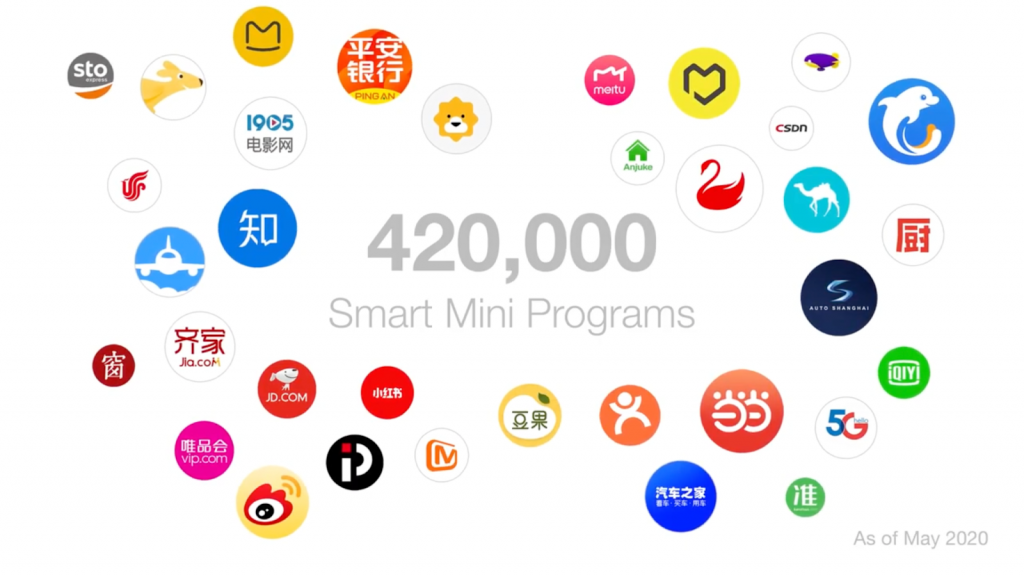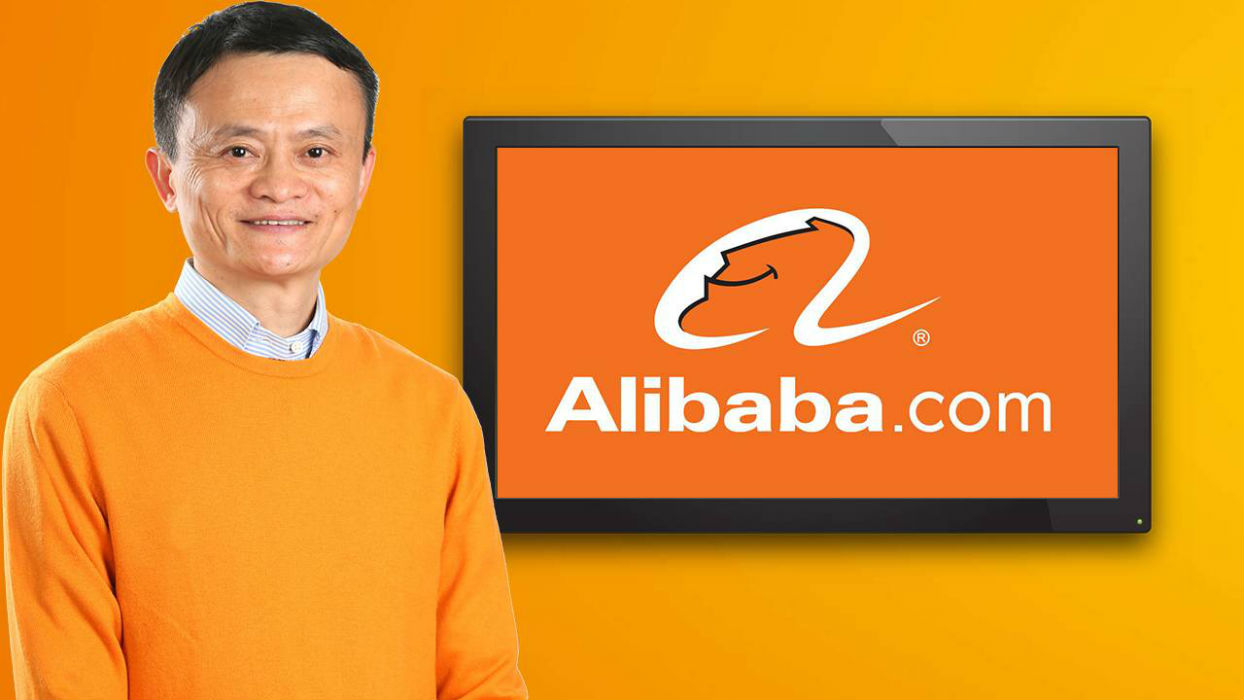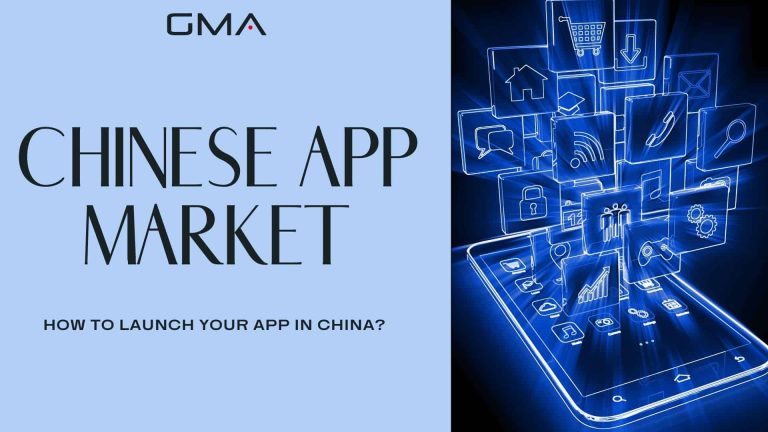The biggest developments in digital marketing in China

E-commerce in China is dominated by two powerful players, Alibaba and JD.com. While most reports on e-commerce in China speak of the dominance of the duopoly, a third competitor comes to surprise us with its constant ascent. Pinduoduo is an e-commerce platform that allows users to participate in group purchase offers. Presenting itself as a platform for price-conscious consumers, Pinduoduo has managed to capture the hearts of users in china’s small rural cities.
I) Pinduoduo
Recently, it was reported that the startup has dethroned JD.com to become the second-largest e-commerce player in China. According to media reports, Daily Active Users of Pinduoduo outnumbered JD.’ com over the past 12 months, an impressive achievement for a company founded only five years ago.
Cost-Effective Agency
KPI and Results focused. We are the most visible Marketing Agency for China. Not because of huge spending but because of our SMART Strategies. Let us help you with: E-Commerce, Search Engine Optimization, Advertising, Weibo, WeChat, WeChat Store & PR.
In terms of sales, however, Alibaba and JD still hold the majority share at 55.9% and 16.7% respectively, while Pinduoduo lags at 7.3%.

Pinduoduo has recently partnered with more than 100 companies to bring more quality products to its consumers
While Pinduoduo’s ongoing efforts to become one of China’s most important e-commerce players are showing promise, marketers should continue to closely monitor Pinduoduo’s development.
II) Mini-programs
More and more companies are incorporating mini-programs into their services: mini-programs have proven to be very popular with consumers, as the number of mini-programs on Wechat with more than 5 million active users has increased from 165 in 2018 to 237 in 2019.

Other tech giants such as Baidu, Alipay, and Toutiao have also followed suit and launched their mini-programs.
III) The sharing economy
Chinese consumers are embracing the sharing economy: China’s sharing economy is growing rapidly, with consumers increasingly open to the use of sharing platforms.
Of these, 68% believe that the benefits of sharing platforms outweigh its risks.
As such, services such as carpooling, sharing the home where sharing clothes are becoming more important in China.

IV) Social trade
The boundaries that once separated social media and e-commerce are increasingly blurred, with applications and platforms dedicated to social commerce becoming a force to be taken into account.
WeChat also introduced a new feature called “Good Product Circle”. Good Product Circle allows users to socialize on WeChat’s “Shopping List” interface, recommend products to friends, and access what their friends have purchased.

V) Strengthening rules to combat dishonest sellers
From manipulating users to simulated orders to selling counterfeit products; many consumers have become particularly cautious about online shopping, even from established platforms like Alibaba.

Problems with counterfeit goods and fraud have become so pervasive that the Chinese government passed the E-Commerce Act in 2018 to reduce fraudulent activity in the Chinese online marketplace.
From now on, e-commerce platforms will be blacklisted for not regulating the activity of merchants on their platforms, for not protecting consumer rights, and/or for obstructing the market surveillance by the authorities.
VI) Influencers
Respected and followed by millions of online followers, KOLs have become the most influential factor affecting consumer purchases.
The trend to professionalize these KOL points to a new standard for influencer marketing in China.

Conclusion:
All these points are to be taken into account by companies wishing to use digital marketing to penetrate the Chinese market.
Gentlemen Marketing Agency is a marketing agency, 100% digital, based in Shanghai that helps foreign companies to grow in China …
Don’t hesitate to contact us:
- Receive our case studies
- Talk to a consultant, 30 minutes free. ????
- Receive our market research (only on request)





